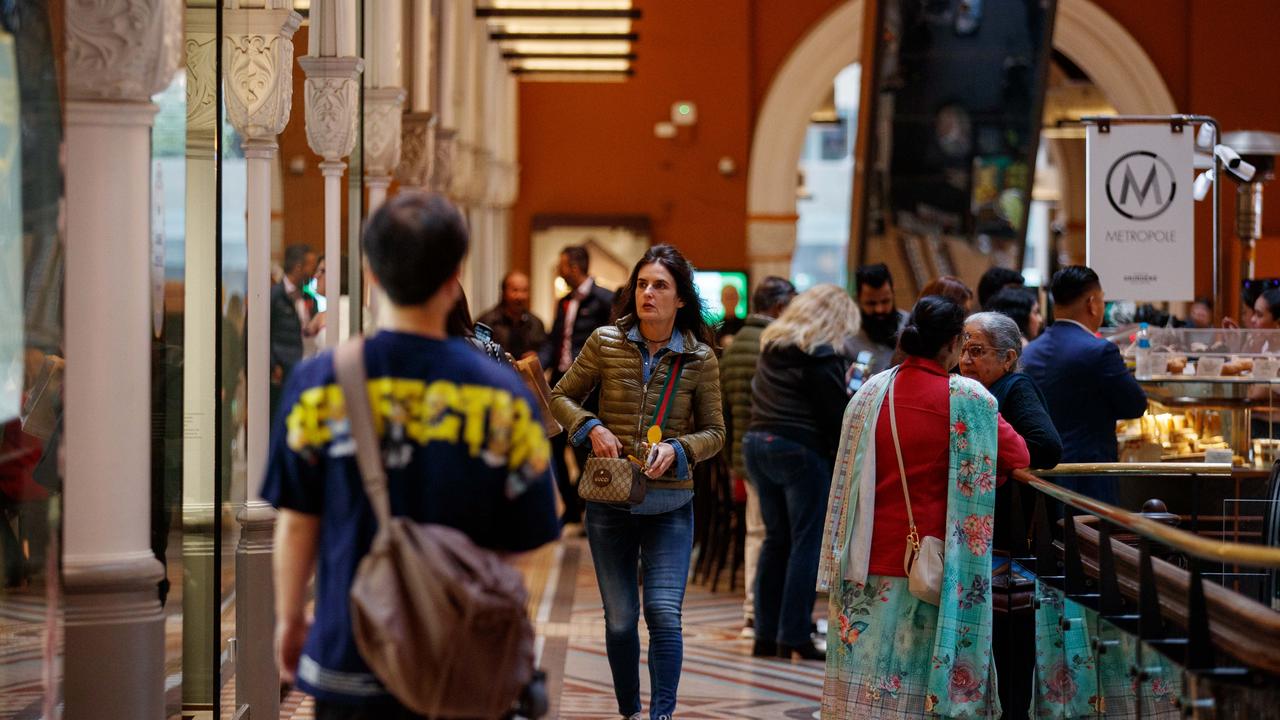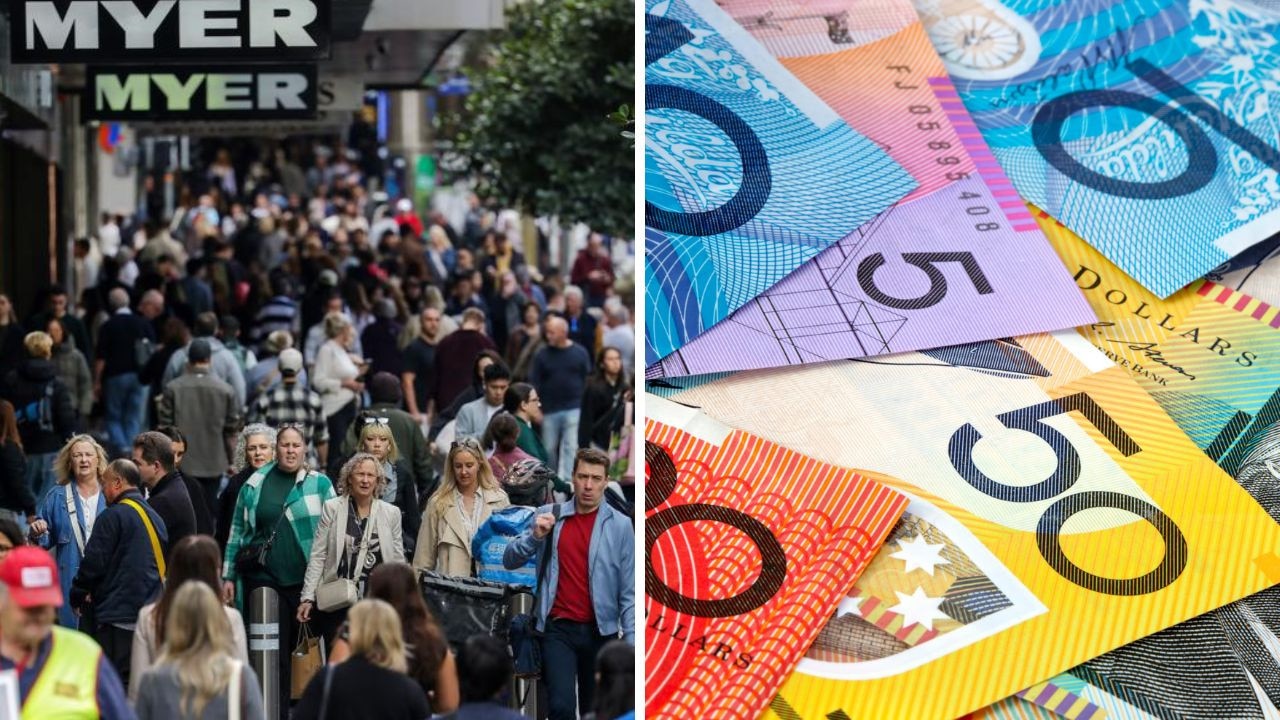Calls to deport visa rorters after ‘ghost college’ crackdown
The government is facing calls to deport international students associated with so-called “ghost colleges” after a crackdown on hundreds of dodgy operators.
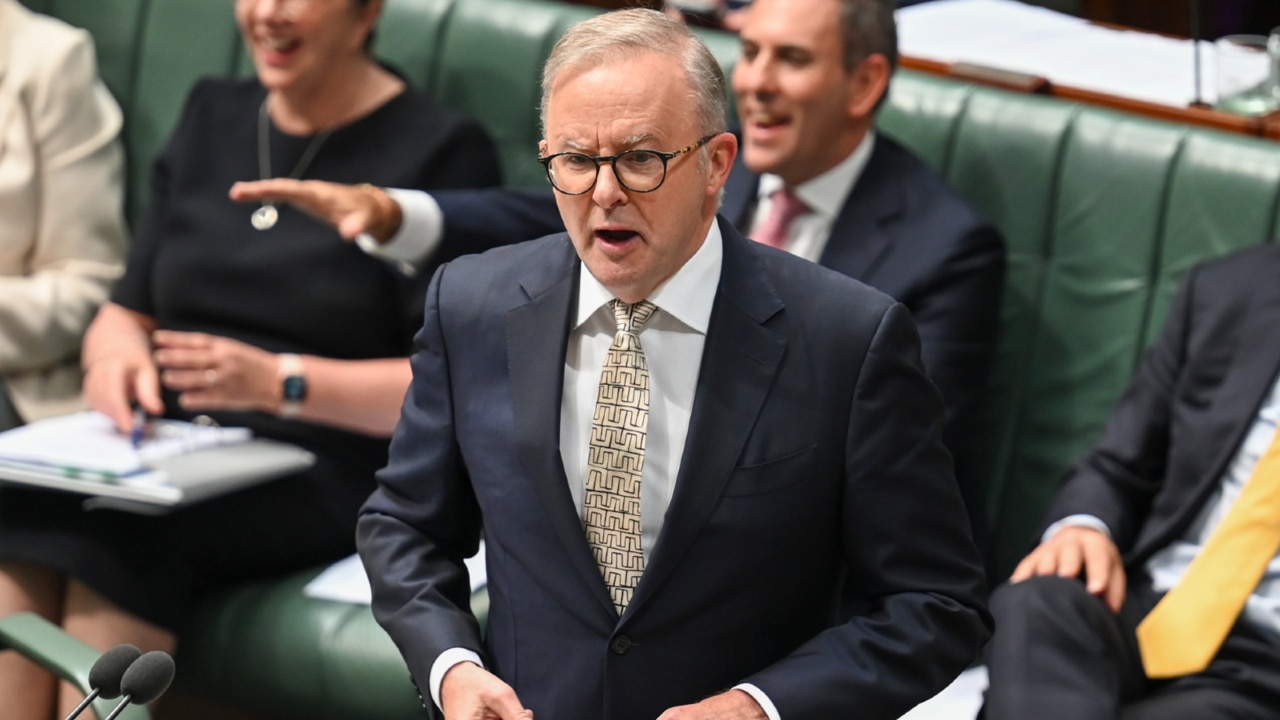
Economy
Don't miss out on the headlines from Economy. Followed categories will be added to My News.
The federal government is facing calls to deport any international students associated with so-called “ghost colleges” after a major crackdown saw hundreds of dodgy operators shut down or given warning notices.
The Albanese government last week announced that more than 150 dormant vocational education and training (VET) providers had been shut down after failing to show proof of training for 12 months or more.
A further 140 were issued warning notices by the Australian Skills Quality Authority (ASQA) and ordered to resume “quality training” by the end of 2024 or face deregistration.
“The Albanese government is calling time on the rorts and loopholes that have plagued the VET sector for far too long under the former Liberal and National government,” Skills and Training Minister Andrew Giles said in a statement.
“We’ve weeded out and shut down over 150 dormant operators, and 140 more have been given a yellow card. Under our government, there is no place for anyone who seeks to undermine the sector and exploit students.”
But the announcement left news.com.au contributor and economic commentator Tarric Brooker asking, “What happens now?”
“What happens to the providers who committed mass fraud?” he wrote on X. “And the thousands or more who got a visa under false pretences?”
Leith van Onselen, co-founder of MacroBusiness, said the crackdown came a full 13 years after reports first emerged of sham vocational colleges rorting Australia’s visa system.
“Shouldn’t the operators of the ghost colleges be punished and the fake students who enrolled in them deported?” he wrote this week. “There need to be consequences for deliberately abusing Australia’s visa system.”

Melanie Macfarlane, chief executive of MM Migration and Recruitment and chair of Immigration Consultants of Australia, said the industry welcomed the crackdown but “we wish it was happening faster”.
“There’s still a feeling that some of these colleges are managing to operate,” she said.
“You get the dodgy operators working with dodgy agents. It’s always been like that and it’s gone on for years. And the whole sector now seems to be penalised for a few dodgy operators.”
Ms Macfarlane said the focus should be on creating higher barriers to entry.
“They open up, ASQA comes in and closes them down, or tries to, but then they go to the tribunal,” she said. “There’s been so much talk about closing ghost colleges — it’s not that, it’s about making them harder to open.”
It’s understood a number of providers shut down have already sought review of ASQA’s decision.
“A provider’s registration will automatically lapse if they have not provided training or assessment for 12 consecutive months,” ASQA said in a statement.
“A provider may apply to ASQA for an extension of this period, with a maximum of 12 months. No further extensions are available after that.”
ASQA’s integrity unit currently has around 200 serious matters under investigation in relation to the conduct of 165 providers, of which almost 100 concern providers delivering to international students.
A number of these investigations relate to allegations of fraud and visa or migration risks.
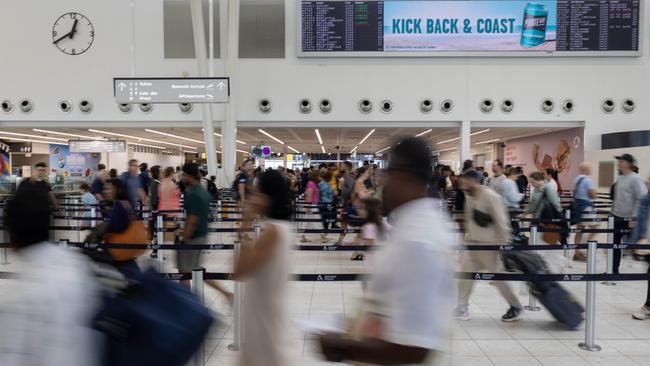
‘Not enough’
Migration expert Dr Abul Rizvi, former deputy secretary of the Immigration Department, said if there were students who had not been attending classes in breach of the student visa condition, their visa would be subject to cancellation.
“If they have been complying with their visa conditions, they will be assisted to find another provider,” he said.
But Dr Rizvi warned that the government may simply not have enough resources to track down visa rorters.
“The immigration compliance function was severely run down following [the] merger with customs and creation of Australian Border Force — funding was diverted elsewhere,” he said.
“The new government has returned the function to the immigration area of the Department of Home Affairs and given it an additional $50 million over four years. I am not sure that would be enough to deal with the vast array of immigration compliance issues identified in the Nixon Review. Home Affairs would need to prioritise which immigration compliance issues to pursue.”
Ms Macfarlane said the government “simply should be looking at that and cancelling those visas” — but suggested it may be “reluctant”.
“I don’t believe it is [happening],” she said.
“I think what’s happening is they’re saying these students are a vulnerable cohort who have been exploited by the system. The cancellation process is a laborious one, and Home Affairs is always reluctant to cancel if they don’t have to.”
A big problem, she added, was those students may simply apply for protection visas instead, further clogging up the Administrative Appeals Tribunal.
The crackdown on overseas student numbers has already triggered a massive rise in onshore refugee applications, The Australian Financial Review reported this month, with 10,725 applications for refugee status in the year to May, led by Chinese nationals.
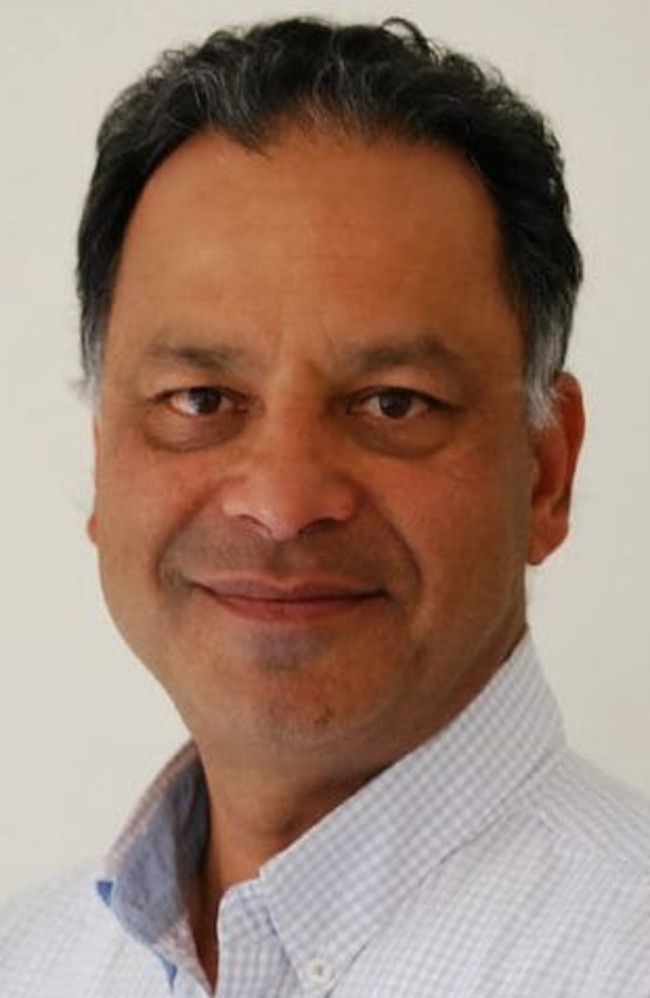
In the month of May there were 357 student visa holders who applied for asylum, the highest since March 2018.
“It’s a very delicate area the government is constantly dealing with,” Ms Macfarlane said.
“I think they’ve shot themselves in the foot in many ways, because with all these measures coming into place [cracking down on international students], they’re being influenced to apply for asylum.”
The Home Affairs Department said it was “committed to maintaining the integrity of the international education sector, and works closely with education regulators” including ASQA.
“The role of the student visa program is to facilitate the lawful entry of genuine international students,” a spokeswoman said.
“Over the last year, the department has been undertaking an intensive surge campaign in student visa cancellation considerations to support integrity in the international education system. Consideration of cancellation for any visa holder depends on their individual circumstances.”
Former Home Affairs Minister Clare O’Neil had flagged in March that so-called “visa factories”, which offer no real courses but enable fake international students to come to Australia for work instead of study, would be targeted under Labor’s sweeping migration system overhaul announced late last year.
Widespread abuses of Australia’s visa system were identified in the March 2023 Nixon Review, commissioned by the Home Affairs Department, which recommended a targeted crackdown on “high-risk” VET providers.
At the time of the review, there were roughly 4000 VET providers in Australia, around 800 of which took international students.
The report warned that while the skills regulator had made detection and deterrence of “non-genuine” providers one of its priorities, the sheer number “necessitates ASQA’s risk-based regulatory approach” and that its “primary focus is on achieving quality education outcomes rather than deterring and disrupting visa exploitation”.
Separately, an interim parliamentary committee report into the international education sector, published in October, confirmed the problem had been widespread for years in the scandal-plagued VET sector.
“We refer to them as ‘ghost schools’, because there are very few students to be seen,” Australian Academy of Vocational Education and Trades (AAVET) managing director Menelaos Koumides told the committee.
“I’ve walked into a few, looking at hiring premises. You will see teachers at desks, on computers, in empty classrooms.”
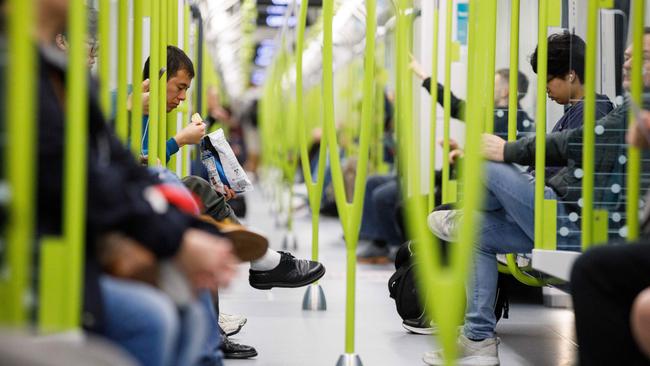
Education Minister Jason Clare said at the time that Labor’s reforms would stop “shonks and dodgy operators trying to exploit students and make money out of it” by closing loopholes to prevent people from entering Australia on student visas without actually studying.
“Students from around the world choose to come here first and foremost for the high-quality education we offer,” he said.
New laws passed by parliament in February gave ASQA more powers to quickly crack down on “fraudulent” registered training organisations (RTOs) and apply tougher scrutiny to new entrants.
The changes under the National Vocational Education and Training Regulator Amendment mean an RTO’s registration now automatically lapses when it has not delivered training or assessment for 12 months.
The bill also expanded penalties to cover a broader range of false or misleading representations by RTOs.
Labor last year shelled out an additional $37.8 million to beef up ASQA’s integrity functions.
“We are making it tougher for the bottom-feeders, the fraudsters, and the cheats to take advantage of students for a quick buck,” former Skills and Training Minister Brendan O’Connor said in February.
“We will weed out dodgy providers that exist in the sector, who seek to exploit students and compromise the integrity and reputation of the entire sector in the process. Most providers do the right thing and are in the business of education and training for the right reasons. They will benefit from the removal of non-genuine actors, who undermine integrity and trust in VET.”
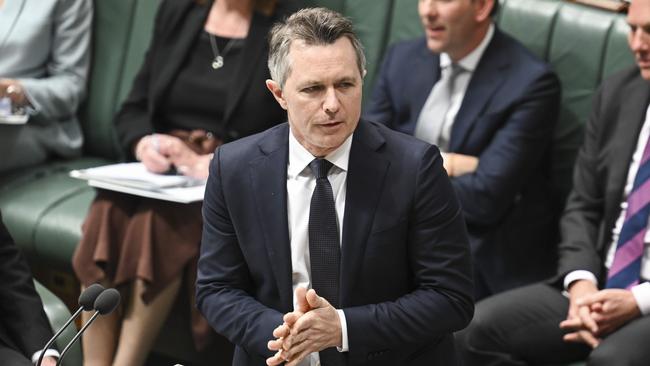
Unis slam student caps
It comes after Labor this week made its long-awaited announcement on international student caps, revealing Australia would cut its intake by nearly 20,000 following record-high enrolments this year.
Mr Clare on Tuesday said international student commencements would be set at 270,000 for the 2025 calendar year as part of its yet-to-be legislated national planning level.
Under the cap, publicly funded universities will take in about 145,000 new international students next year, which is consistent with 2023 levels, with another 95,000 allotted for VET courses, which the government said would bring the figures down to pre-pandemic levels.
Figures in the year to May 2024 reported there were 810,960 international student enrolments — a 17 per cent increase on 2019 pre-Covid figures — across universities and VET courses, with commencements also 16 per cent higher at 289,230 in the same period.
At the same time the government is also under pressure to curb overseas net migration from a high of 528,000 reported in 2022-23, to 260,000 this financial year.
“I make no apology for making sure that we’re returning migration levels to pre-pandemic levels, and this is part of that,” Mr Clare said.
Many in the higher education sector criticised the move, warning it would hurt the economy.
“We expect to lose about $26.5 million in revenue next year,” Western Sydney University (WSU) vice-chancellor George Williams said in a statement.
“This is money we use to support the western Sydney community through ensuring locals have a second chance at education, transnational education, Indigenous equity programs, and initiatives to support low-income students such as our food pantries.”
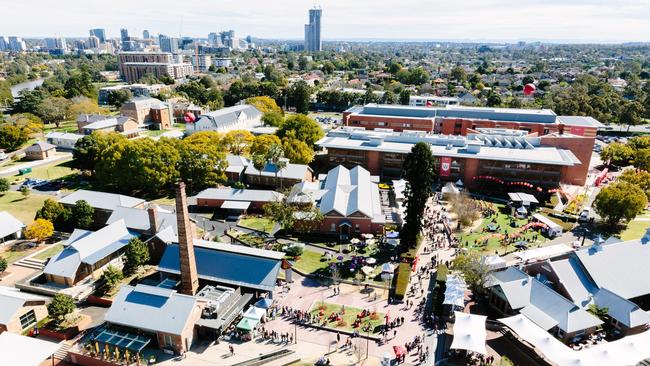
Professor Williams said WSU was also concerned the caps “could exacerbate skills shortages in the region”.
“Most of the 1350 international students who studied nursing and midwifery with us last year have gone on to work in Western Sydney’s overburdened hospitals,” he said.
“They are helping ease the region’s nursing gap with the local health system forecast to be short of 10,000 nurses next year.”
He also pushed back on suggestions international students were contributing to the housing crisis.
“Every one of our international students who wants a bed, gets a bed,” he said.
“It is unfair to penalise an entire region with so much unlimited potential than a clumsy fix to a problem that doesn’t exist. Many of our international students choose to stay with local families and their relatives helping to ease cost-of-living pressures. They do part-time jobs, filling skills shortages and they add to the cultural diversity and social cohesion of our community.”
Vicki Thomson, chief executive of the Group of Eight, which represents the country’s top universities, earlier this month said migration was becoming a key battlefront in the lead-up to the next federal election, “and the university sector is shaping up to be the fall guy — unfairly and unjustifiably so”.
“The rationale for capping international student numbers chops and changes as each excuse is discredited whether it’s the housing crisis, cost of living, rental availability, rental affordability, redistribution of students to regional areas, or the removal of ‘shonks’, ‘crooks’ and ‘dodgy providers’ from the system,” Ms Thomson told parliament.
“But let’s be clear. That archetype of ‘shonks’ and ‘crooks’ is not representative of the university sector and certainly not the Group of Eight whom I represent.”
— with NCA NewsWire
More Coverage
Originally published as Calls to deport visa rorters after ‘ghost college’ crackdown




